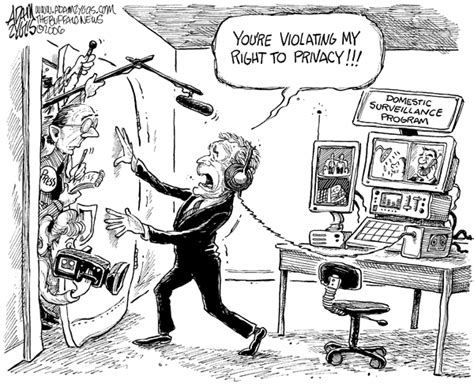The Fourth Amendment to the United States Constitution protects against unreasonable searches and seizures. This means that law enforcement cannot search your person, home, or belongings without a warrant.

A warrant is a court order that authorizes law enforcement to conduct a search. To get a warrant, law enforcement must show a judge that they have probable cause to believe that you have committed a crime.
The Fourth Amendment also protects against excessive force. Law enforcement cannot use excessive force when arresting you or conducting a search.
What to Do If You Are Stopped by the Police
If you are stopped by the police, you have the right to:
- Remain silent.
- Ask for a lawyer.
- Refuse to consent to a search.
You should always cooperate with law enforcement, but you do not have to answer their questions or consent to a search.
If You Are Searched Without a Warrant
If you are searched without a warrant, you should:
- Ask for the officer’s name and badge number.
- File a complaint with the police department.
- Contact a lawyer.
You may be able to sue the police department for damages if you were searched without a warrant.
The Importance of the Fourth Amendment
The Fourth Amendment is an important part of our Constitution. It protects our right to privacy and our right to be free from unreasonable searches and seizures.
The Fourth Amendment also helps to ensure that law enforcement does not abuse its power.
4th Amendment Cartoon
[Image of a cartoon depicting a police officer searching a person without a warrant]
Conclusion
The Fourth Amendment is an important part of our Constitution. It protects our right to privacy and our right to be free from unreasonable searches and seizures.
We must all be vigilant in protecting our Fourth Amendment rights.
